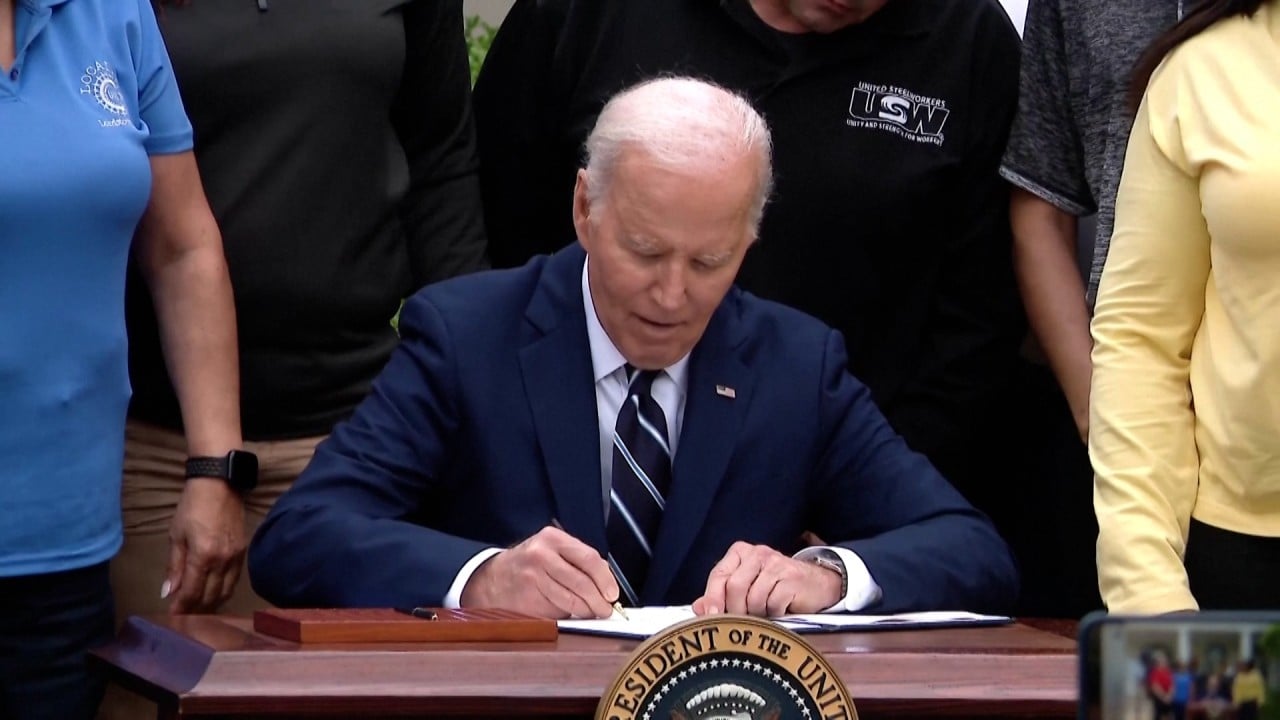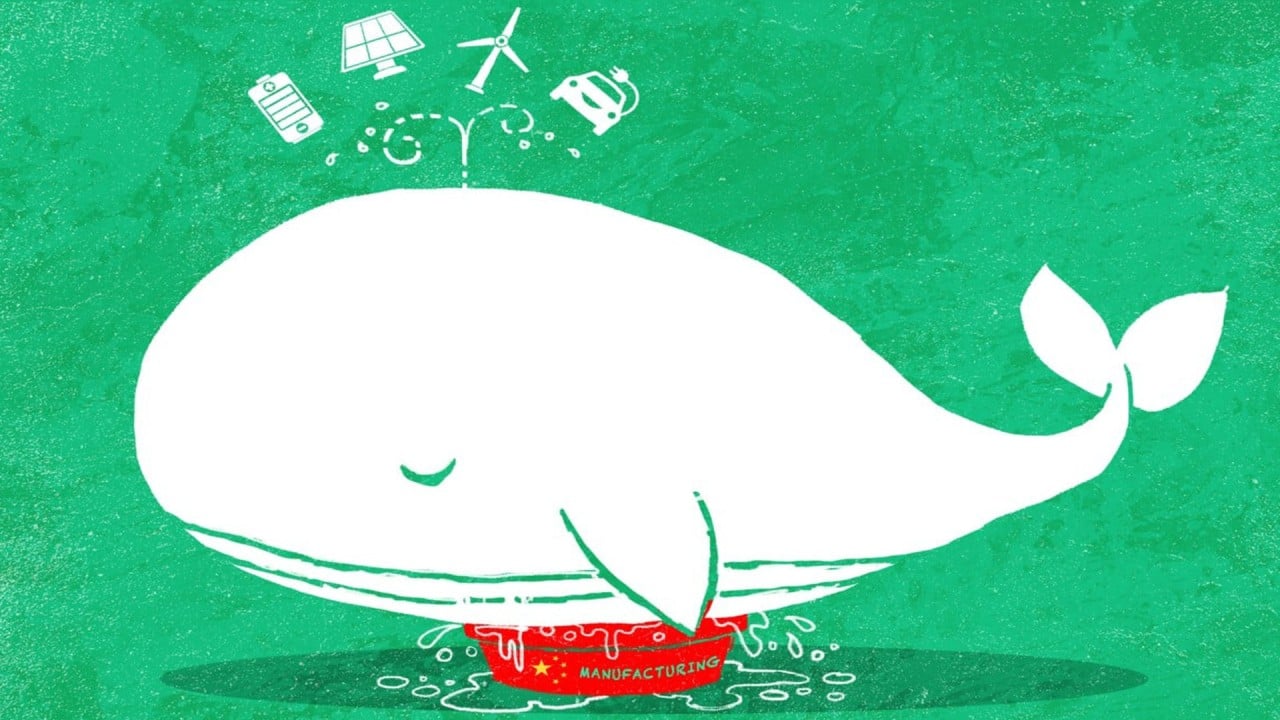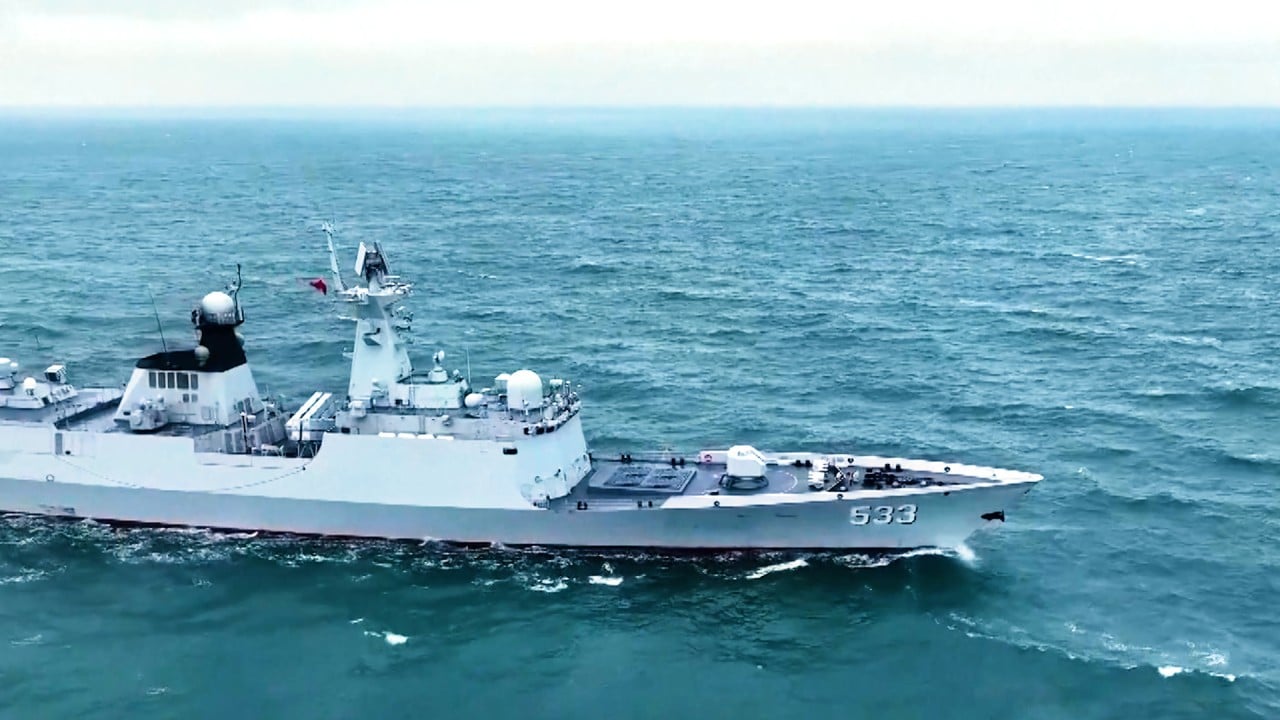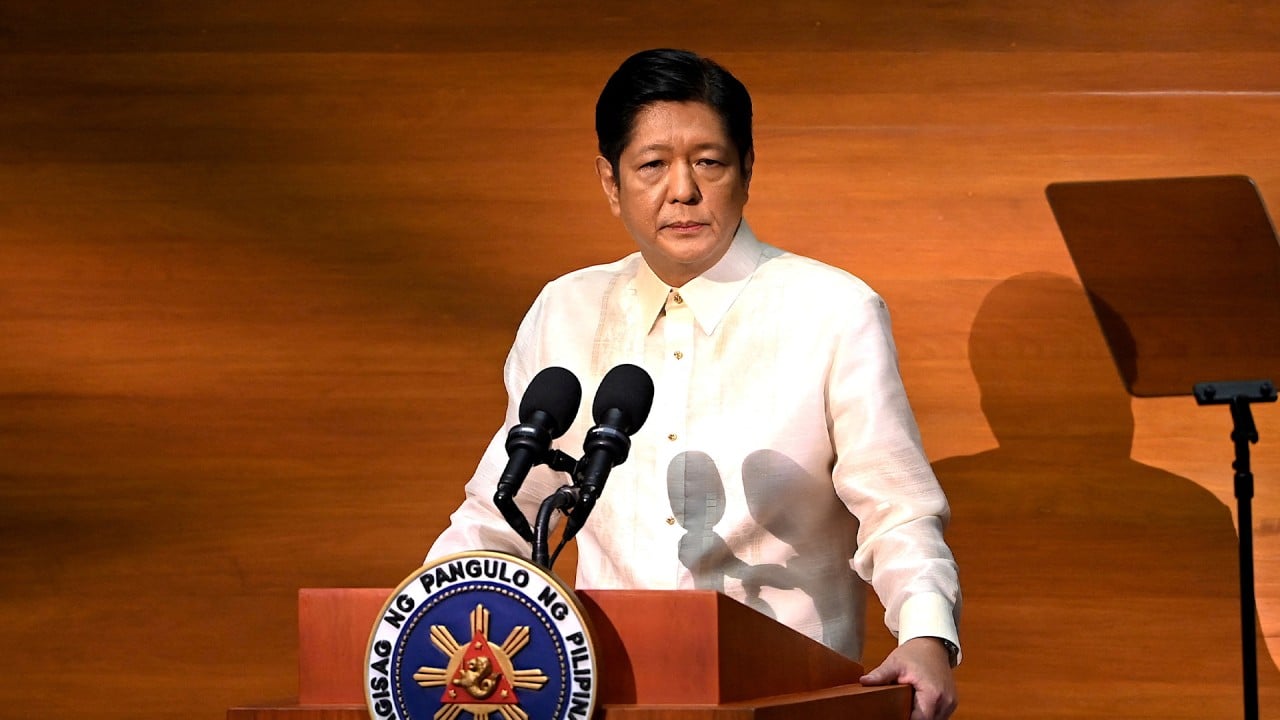Why a Trump win could mean new uncertainties and ‘very confrontational’ China-US relations
“It is a preventive measure, it is more for the sake of having a certain advantage in the election,” said Jia, who is also a member of the Standing Committee of the National Committee of the Chinese People’s Political Consultative Conference.
Some of the measures recently announced by Biden appeared to be tough, but actually did not account for a large portion in China-US trade. China already exported very few electric vehicles to the United States, he added.
The US imported only 12,362 electric vehicles from China last year, imports that were already under a 25 per cent duty, which will rise to 100 per cent on August 1. The new tariffs targeted a small number of products, accounting for only 4.2 per cent of all US imports from China, according to a report by the Centre for Strategic and International Studies.
China has strongly condemned the US measures, saying they are discriminatory and will only disrupt global green development, a process that Chinese clean-energy products play a key role in. But it did not follow up with immediate retaliation.
“I think there is a certain tacit understanding between the two sides on this issue,” Jia said. “From China’s perspective, of course China will protest … But it is not to the extent to start a trade war.”
But he said if Trump was re-elected “there will of course be some new uncertainties” but there are also “a lot of things that are certain, if you look at the policies of his last administration”.
Jia said the latter part of the Trump administration four years ago not only emphasised ideology, but also challenged the one-China policy. His former officials have also floated ideas of tougher policies on China.
Trump’s former ambassador to the Organisation for Security and Cooperation in Europe, James Gilmore, also said earlier this month that Trump would be “supportive” of Taiwan if he was re-elected.
“If these people’s ideas will have a greater impact on Trump’s policies, then the relationship between China and the United States will become a very confrontational relationship, and will most likely experience a new round of large-scale decline,” Jia said.
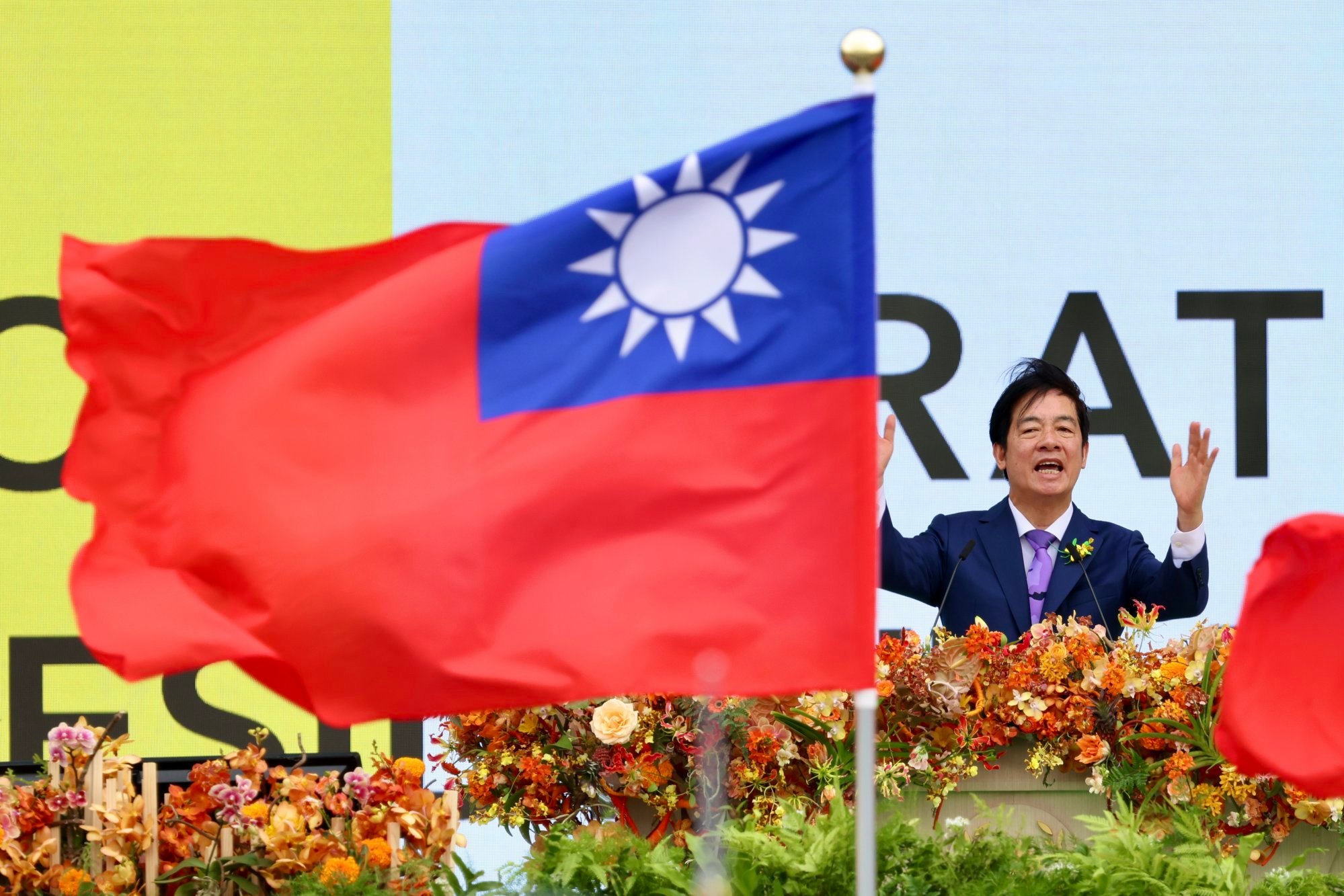
Jia said cross-strait relations would remain in a relative “deadlock” under Lai, who has called himself a “practical worker towards Taiwan’s independence”, which Beijing has vowed to punish.
“The second is that … at least during Biden’s administration, [Biden] has increasingly emphasised the need to build guardrails between China and the United States and to adhere to the one-China policy … so it will also impose certain restrictions on Lai Ching-te,” he added. Lai’s power is also limited by the Legislative Yuan, which is now controlled by Taiwan’s opposition parties.
Asked if Jia foresaw more conflicts in the South China Sea than in the Taiwan Strait, as China and the Philippines clash more frequently over sovereignty claims in the disputed waters, Jia said conflicts with Manila would remain “low-intensity” and were manageable.
“The South China Sea looks very active, but in fact the goals of all parties involved are very limited,” Jia said.
“The Philippines has a domestic political need, so it has to do this to maintain domestic support. The United States may hope this matter will be more hyped up, but short of military conflicts. From a Chinese perspective, China still hopes to maintain peace and stability in this place and does not want this matter to cause too much trouble.”
